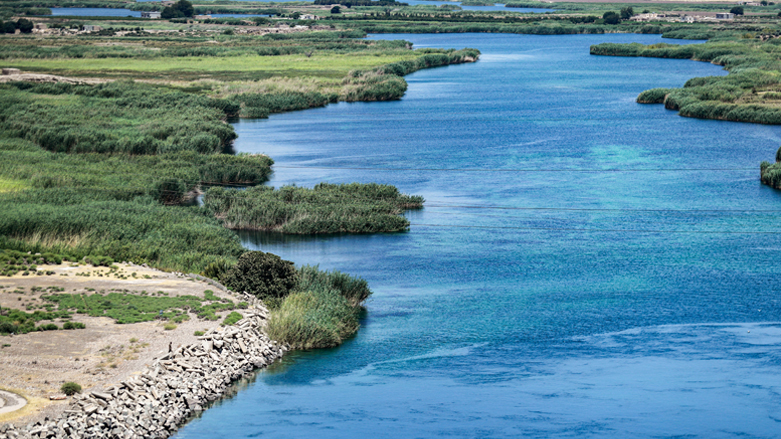Water crisis affects millions in northern Syria: MSF

ERBIL (Kurdistan 24) – Over three million people in northeast and northwest Syria are now facing a water crisis that has dire health consequences for those regions, the international humanitarian medical organization Médecins Sans Frontières (MSF) warned on Wednesday.
“Even when water is available and accessible to people in northern Syria, it is sometimes unsafe and contaminated,” said Ibrahim Mughlaj, a health promotion officer working for MSF in northwest Syria, in an MSF press release.
“We are regularly confronted with the health impact of poor water quality, which often brings waterborne diseases and other health issues into the camps, such as diarrhea, hepatitis, impetigo, scabies, and many others.”
MSF is now running water and sanitation services in about 90 camps in northwest Syria, reaching around 30,000 displaced people.
Also in northeast Syria, people have also been significantly affected by waterborne diseases and increased food insecurity and are at higher risk of malnutrition due to the poor quality of water and its limited availability, MSF said.
MSF have been trucking clean drinking water to Hasakah city.
“[Our] initiatives are not permanent fixes,” said MSF field coordinator Benjamin Mutiso. “There are still many people who suffer from the consequences of a lack of access to clean water and we find ourselves in a situation where we are unable to cover all the needs.”
An MSF-supported primary health care center in Raqqa reported that the number of diarrhea cases in May 2021 was 50 percent higher than in May 2020.
One of the reasons northeast Syria lacks water aside from the drought is Turkey.
In Hasakah, one million people have faced reduced access to water for nearly two years due to repeated and sustained disruptions in the supply from the Alouk water station, which is under the control of Turkish authorities, MSF said.
The local North Press news agency on Sept 12 reported that Alouk began pumping water again following Russian pressure.
Read More: 'Desert': drying Euphrates threatens disaster in Syria
The Autonomous Administration of North and East Syria (AANES) on Monday launched an international water forum with 300 participants that lasted until Tuesday.
“Turkey did not abide by the signed agreements and protocols, began to dispose of the Euphrates River as one of its rights, and to build projects and dams without regard to Syria,” the co-chair of the Syrian Democratic Council, Amina Omar, said during the forum.
